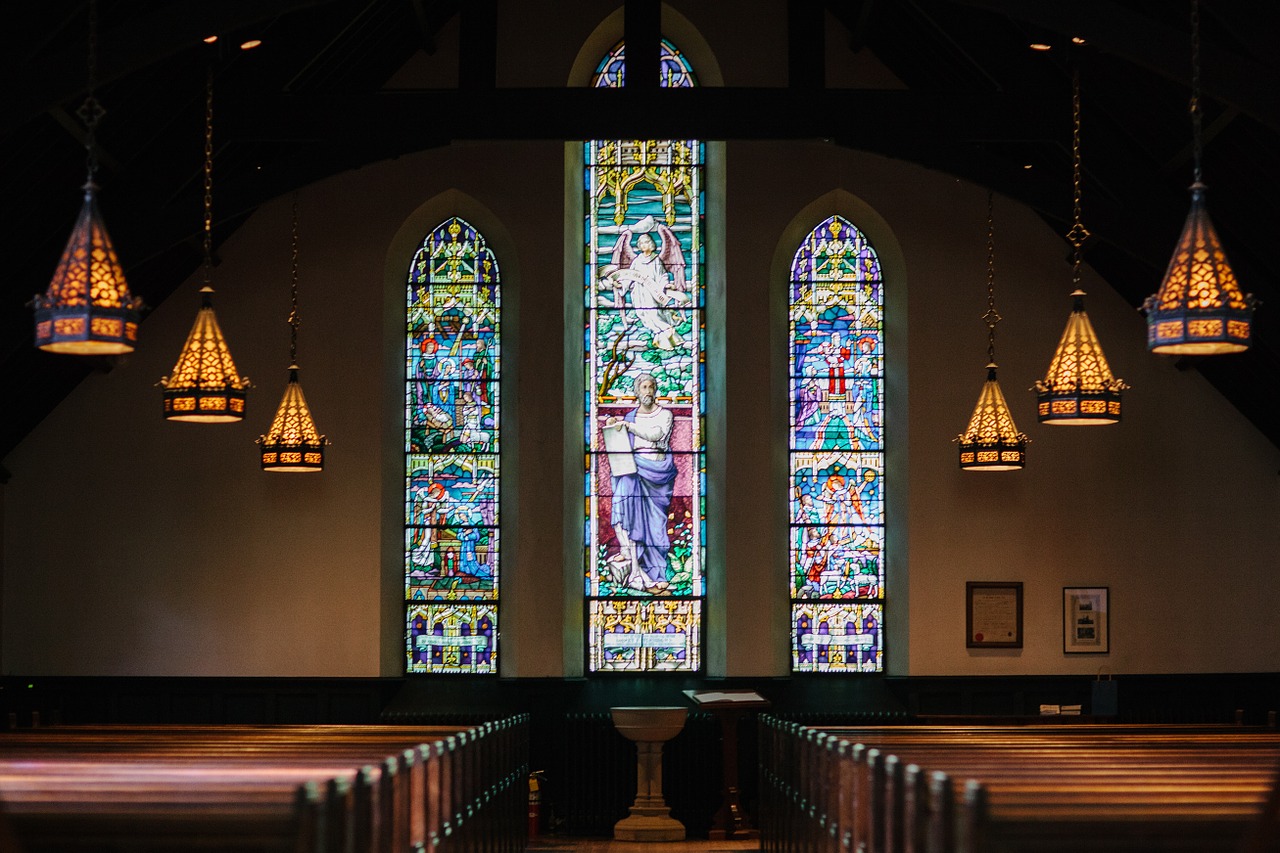Jeremy Leggett, a former oil man, wrote an article in ‘The Independent’ (20/1/06) entitled, ‘What they don’t want you to know about the coming oil crisis.’ He wrote:
‘A spectre is haunting Europe – the spectre of an acute, civilisation-changing energy crisis. … We have allowed oil to become vital to virtually everything we do. Ninety per cent of all our transportation, whether by land, air or sea, is fuelled by oil. Ninety-five per cent of all goods in shops involve the use of oil. Ninety-five per cent of all our food products require oil use.’
The world consumes more than 80 million barrels of oil a day, 29 billion barrels a year. This figure is rising fast, as it has done for decades. The US government expects that global demand will grow to around 120 million barrels a day, 43 billion barrels a year, by 2025. However there is no way that the oil industry can produce this amount of oil. Leggett says, ‘The most basic of the foundations of our assumptions of future economic wellbeing is rotten. Our society is in a state of collective denial that has no precedent in history, in terms of its scale and implications.’
The modern industrial world has been built on the supply of energy keeping the electricity supply to our homes and work places running and fuelling our transport system which ensures that goods and people can move from place to place around the world. Without the energy sources – coal, oil, gas and nuclear power – the whole system crumbles.
In America that possibility is beginning to be considered by those who see the phenomenon known as ‘Peak Oil’ as the next big threat to the western way of life. Peak Oil is the point at which oil production reaches a plateau before it declines while demand for oil consumption continues to rise. Once worldwide demand for oil outpaces worldwide production (of oil by a significant margin the price of oil will sky-rocket, oil-dependent economies will crumble, and resource wars will explode.
Matthew Savinar has written an article on this subject on the internet site http://www.lifeaftertheoilcrash.net. He writes, ‘Civilization as we know it is coming to an end soon. This is not the wacky proclamation of a doomsday cult, apocalypse bible prophecy sect, or conspiracy theory society. Rather, it is the scientific conclusion of the best paid, most widely-respected geologists, physicists, and investment bankers in the world. These are rational, professional, conservative individuals who are absolutely terrified by a phenomenon known as global ‘Peak Oil’.’
When will this happen? According to Savinar, ‘Some geologists expect 2005 to be the last year of the cheap-oil bonanza, while many estimates coming out of the oil industry indicate ‘a seemingly unbridgeable supply-demand gap opening up after 2007,’ which will lead to major fuel shortages and increasingly severe blackouts beginning around 2008-2012.’ Richard Heinberg, in his article ‘Smoking Gun: The CIA’s Interest in Peak Oil’ says ‘A growing consensus of petroleum geologists places this event in the mid-range period of 2006 to 2015.’
Savinar dismisses alternatives to oil as sources of power for the current world system as fantasy. Green alternatives like solar, wind and wave power produce only a tiny fraction of the power now available through oil. Hydrogen as an alternative to oil does not work either due to the huge costs of producing it and the vast problems of storing it. He says there is no time to develop the huge infrastructure needed to switch from an oil based industrial system to an alternative one. Nor is there the political will or the financial capability.
Savinar sees an inevitable collapse of the US economy coming which will drag down the rest of the world. ‘As the driver of the world’s economy, the demise of the US will take down other industrialized countries. The financial dislocations wrought by the coming oil shocks could set the stage for a series of destabilizing resource wars and ‘currency insurgencies’, in much the same way Germany’s financial meltdown during the Weimar Republic of the 1920s set the stage for the rise of Third Reich in the 1930s and World War II in the 1940s.’
Added to all this is the fact that the present suppliers of most of the world’s oil are anything but reliable. 70% of global proven reserves of oil are to be found in the Middle East. Saudi Arabia has the world’s largest reserves with 264.2 billion barrels of proven oil reserves (25% of the world total). Oil from this area is the easiest to extract and export. Recent finds of oil in the Caspian Sea area and in Central Asia are not as great as was originally hoped and these areas are landlocked so getting the oil out involves building pipelines through such unstable regions as Afghanistan to the south or the Caucasus region to the west. The vulnerability of pipelines to terrorism has been shown by the frequent attacks mounted by insurgents in Iraq.
A disruption anywhere could cause market panic and spiralling prices. Texas oil analyst Matt Simmons has written a book ‘Twilight in the Desert’ which warns that the skyrocketing price of oil could plunge the world into war. One spark which could ignite this fire is Iran’s nuclear programme which is causing worry about possible disruptions of the supply of oil from the Middle East. In January 2006 Iran threatened to cut oil supplies if Europe continued to meddle in what it sees as its right to develop a nuclear programme. It has also threatened to block shipping through the Straits of Hormuz at the entrance of the Persian Gulf if its nuclear facilities are attacked. Every day, 15 million barrels of oil pass in tankers through these narrow Straits.
Production of oil is in decline in more than 50 oil-producing nations, including the USA and Britain. Discoveries of large oil fields are decreasing year by year, while the demand for oil is constantly increasing. In particular China and India are already having a major impact on both oil resources and the environment on account of their huge populations and growing numbers of people prospering as a result of economic development. There have been large finds of oil in Russia with deep wells sunk in Siberia. However Russia could well prove an unreliable source of supply.
January 2006 began with a crisis caused by Russia demanding a huge increase in charges to Ukraine for its gas supply and threatening to cut supplies if the price was not paid. Many saw this as Russia punishing Ukraine for its pro Western policies. But the threat to turn off the gas supplies in the middle of winter did not just affect Ukraine. For a few days countries across Europe watched nervously as the crisis unfolded.
The deputy chairman of Gazprom, the giant Russian company that controls the flow of Russian gas to the west came to London to reassure Britain that there would be no risk of disruption to British gas supplies. The very next day, temperatures in Moscow broke a 50-year record, plunging to minus 30C. Gas normally exported was diverted to the home front. Supplies to the West fell. Nervousness on this subject was increased by news reports that Gazprom is seeking to buy a controlling share in British Gas.
As huge price rises for gas supply are announced, the prospect of the source of this supply being in the hands of a power which once confronted the West during the Cold War is hardly reassuring. After all Russian President Putin once wrote a thesis saying that Russia could use its energy resources to regain its global power. Russia supplies a quarter of all the gas used in Europe and 90% of it flows through Ukraine. This supply is scheduled to increase when the giant pipeline now being built under the North Sea from Russia to Germany is completed. Britain will be at the end of the line for this gas which will become vital as our North Sea oil and gas decline.
A crisis caused by oil resources being cut off or a huge surge in the price of oil and gas could plunge the world into chaos. The Bible prophesies such a time coming at the end of this age and compares it to the birth pangs of a pregnant woman. In 1 Thessalonians 5.1-3 Paul writes: ‘But concerning the times and the seasons, brethren, you have no need that I should write to you. For you yourselves know perfectly that the day of the Lord so comes as a thief in the night. For when they say, ‘Peace and safety!’ then sudden destruction comes upon them, as labour pains upon a pregnant woman’.
When a woman goes into labour a process begins which will lead to the birth of the child. She knows the signs of the impending birth are taking place, but she does not yet see the child and she does not know how long the process will go on for. Today the signs of the second coming of Jesus Christ are taking place – not just some of them but all of them. We do not know how long it will be before the crisis we are describing in this article explodes across the earth, but there is no doubt that it will. When it does the world will enter a period of time described in the Bible as the great tribulation. Jesus describes this period in Matthew 24.21-22: ‘For then there will be great tribulation such as has not been since the beginning of the world until this time, no, nor ever shall be. And unless those days were shortened no flesh would be saved; but for the elect’s sake those days will be shortened.’
Anyone can see that our society is built on shaky foundations. Modern technological society lines up with the well known words of Jesus:
‘Whoever hears these sayings of mine and does them, I will liken him to a wise man who built his house upon the rock; and the wind descended, the floods came, and the winds blew and beat on that house; and it did not fall, for it was founded on the rock. But everyone who hears these sayings of mine and does not do them, will be like a foolish man who built his house on the sand; and the rain descended and the floods came and the winds blew and beat on that house; and it fell. And great was its fall.’ Jesus speaking in Matthew 7.24-27.
Sooner or later the storm will come and this house will crash. What will happen to you and me then? The world situation today is pushing humanity towards an unprecedented crisis in human history which will affect all nations of the earth and bring the possibility of the end of all life on earth if God did not step in through the return of Jesus ‘shortening’ those days and bringing the time of human mis-management of the planet to an end.
Despite all this there is a glorious hope for the future. Jesus said ‘When these things begin to happen, look up and lift up your heads, because your redemption draws near.’ Luke 21.28. These things have begun to happen so we should look to the return of the Lord Jesus as the hope for the world. While people without faith are described by Jesus as experiencing heart failure for fear at the things which are coming on the earth (Luke 21.26), the believer has a totally different expectation: ‘We should live soberly, righteously and godly in the present age, looking for the blessed hope and glorious appearing of our great God and Saviour Jesus Christ.’ Titus 2.12-14.
As the lights go out all over the world, the light of faith and hope in Jesus will never go out in the heart of those who really believe in Him. In order to escape the coming collapse of oil based industrial society, Mr Savinar, in the article already quoted suggests that people should ‘relocate to an area as least vulnerable to these issues as possible’. But for many people that will not be a viable option and it will not save you anyway. As in the days of Noah there will be no escape.
But the Lord has a plan to relocate His people: ‘For the Lord Himself will descend from heaven with a shout, with the voice of an archangel, and with the trumpet of God. And the dead in Christ will rise first. Then we who are alive and remain shall be caught up to meet the Lord in the air. And thus we shall always be with the Lord.’ 1 Thessalonians 4.16-17.
This event, known as the Rapture of the Church, will take place unexpectedly and unannounced like a thief coming in the night. At that moment those who are saved will be taken to a place of safety before the judgements fall on the earth in the great tribulation period.
In the light of all this there is only one hope for the world. The return of Jesus. The human race has blown our chances of saving the world by ourselves already.
The world system today will not stand because it is on the wrong foundations. But when everything else is shaken, God’s kingdom cannot be shaken. In order to enter God’s kingdom Jesus says ‘You must be born again’ (John 3.7) not physically but spiritually by turning from sin and unbelief to faith in God who raised Jesus from the dead when He had paid the price for our sins and will raise with Him all who put their trust in Him.
If you have not yet made that step I urge you to do so without delay. Here is a prayer which you can say to accept salvation through Jesus the Messiah.
‘Dear Heavenly Father, I admit that I am a sinner and need your forgiveness. I believe that Jesus the Messiah died in my place, shedding His blood to pay for my sins, and that He rose again from the dead to give me eternal life. I am willing right now to turn from my sin and accept Jesus the Messiah as my personal Saviour and Lord. I commit my life to you and ask you to send the Holy Spirit into my life, to fill me and to take control and to help me become the kind of person you want me to be. Thank you Father for loving me. In Jesus’ name, Amen.
Much of the information in this article is taken from a new book written by Tony Pearce, ‘The House on the Sand’.





